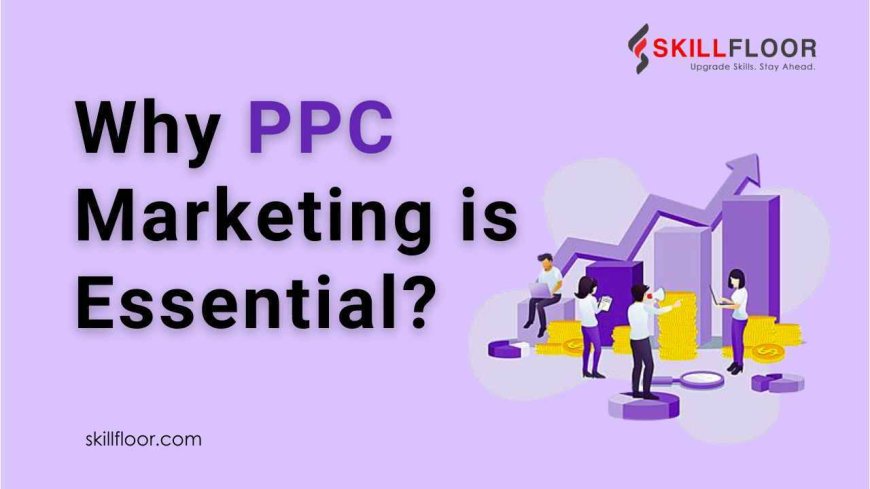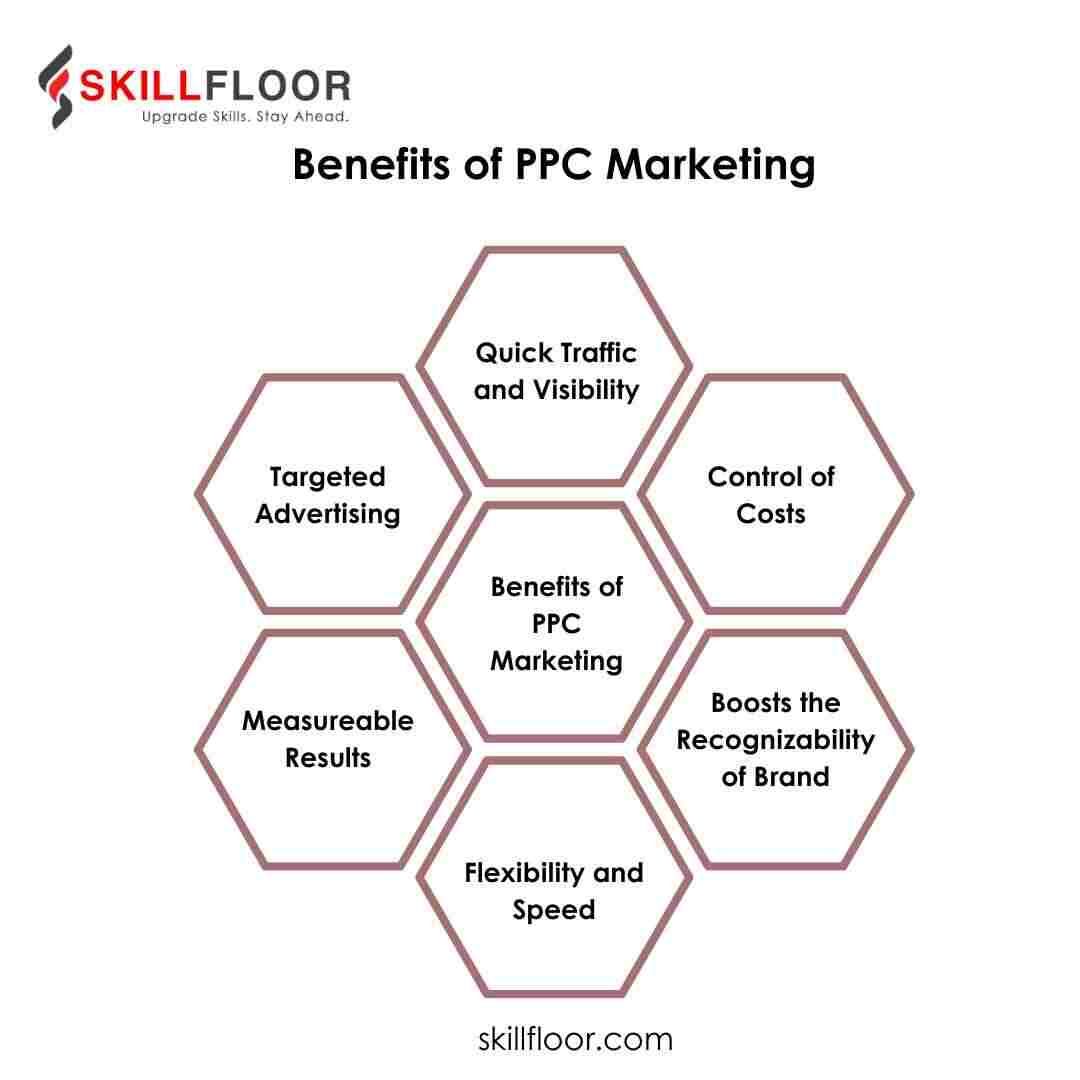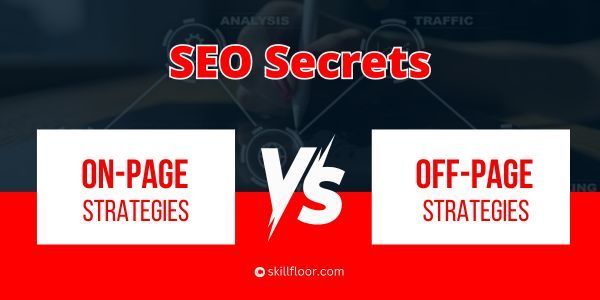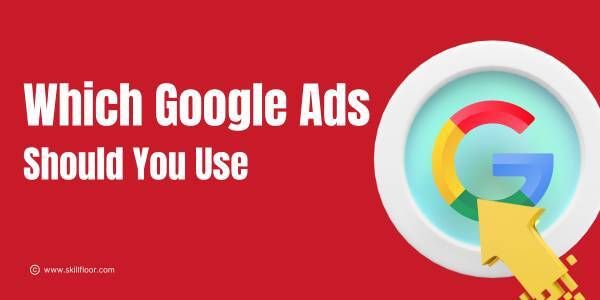Why PPC Marketing is Essential for Businesses
Discover why PPC marketing is vital for businesses seeking to boost online visibility, attract targeted traffic, and achieve rapid growth.

In the constantly changing digital world of today, PPC marketing is a crucial instrument for companies trying to improve their online visibility. PPC marketing provides accurate control over ad expenses and direct access to targeted audiences, compared to traditional advertising. Businesses may make sure their ads show up to potential clients who are actively searching for their goods or services by carefully selecting which keywords to bid on. Because it may reach a specific audience, PPC marketing is very useful for bringing in high-quality traffic and instant visibility. In addition, because PPC marketing is measurable, it enables in-depth tracking of performance, which helps businesses adjust their strategies for the best results. Using PPC marketing in your advertising campaigns can help businesses of all sizes, from startups to well-established companies, achieve significant expansion and increased brand recognition. As we analyze the reasons why PPC marketing is essential for business, it becomes clear that this strategy has special benefits for increasing online engagement and income.
Understanding PPC Marketing
In order to fully understand the importance of PPC marketing for businesses, it is necessary to first understand the meaning of PPC. In PPC, or pay-per-click, digital advertising, sponsors are charged a certain amount each time a click is made on their advertisement. In basic terms, it's a method of purchasing site visitors rather than trying to obtain them naturally.
PPC marketing is often associated with search engine advertising, like Google Ads. Here’s how it works:
Advertisers bid on keywords: Bidders on advertisements select particular keywords that are pertinent to their business and that they would want to see their ads appear for in search engine results.
Ads are displayed: Your advertisement shows up at the top of the search results when a user searches for such terms.
Pay per click: You don't pay to have your advertisement displayed; you only pay when someone clicks on it.
By using this strategy, you can be sure that the people you're targeting are already interested in what you have to offer, which raises the possibility that they will become customers.
The Business Benefits of PPC Marketing
PPC marketing is an essential part of a business's digital strategy because it provides a number of appealing advantages. It's a reason why PPC marketing is so important to companies.

-
Quick Traffic and Visibility:
In contrast to SEO, which may take months to produce results, PPC marketing offers instant exposure. As soon as your campaign launches, your ads show up at the top of search results, bringing rapid traffic to your website.
-
Targeted Advertising:
PPC makes it possible to target users precisely based on their prior activities as well as their demographics, location, device, and time of day. This indicates that people who are most likely to be interested in your goods or services are seeing your advertisements.
-
Control of Costs:
You have total control over your spending when you use PPC. Daily or monthly limitations can be set and changed as necessary. It's a cost-effective method as well, because you only pay when someone engages with your advertisement.
-
Measureable Results:
PPC marketing provides powerful analytics resources. You may monitor clicks, impressions, conversions, and return on investment (ROI). This gives you a clear picture of how successful your campaigns are and aids in the improvement of your tactics.
-
Boosts the Recognizability of Brand:
Consistent exposure to your company at the top of search results can boost trust and brand awareness, even if visitors don't click on your advertising.
-
Flexibility and Speed:
PPC advertising campaigns are easily set up and changed in real time. Because of their agility, firms can test new ideas and react quickly to changes in the market without having to commit to a long-term plan.
Key Considerations for Implementing PPC
Before diving into PPC marketing, there are several key factors businesses should consider to ensure a successful campaign:
Researching keywords is the first step in creating a successful PPC campaign. Look for terms that are relevant to what your company offers and strike a balance between their search volume and level of competition.
-
Ad Quality and Relevance:
Make engaging ads that closely correspond to the keywords you want to target. Ads with superior quality and relevance receive more clicks and are positioned higher in search results.
-
Landing Page Optimization:
Optimize the landing page that appears to users after they click on your advertisement to make sure it is relevant to the ad and easy to navigate. It should be simple to use and made with the conversion of visitors into consumers in mind.
-
Bid Management:
To maximize your budget, carefully consider each bid you place. Keep an eye on your bids and make the necessary adjustments to stay competitive without going over budget.
How to Get Started with PPC Marketing
Are you ready to dive into PPC marketing? Here's an illustrated guide to get you started.
-
Define Your Goals:
Clearly state the goals you have for your PPC campaign. Having precise goals will direct your strategy, whether it is growing revenue, boosting traffic, or establishing brand awareness.
-
Research keywords:
To find the ideal keywords for your company, use resources like SEMrush or Google Keyword Planner. Use a combination of long-tail and short-tail keywords that correspond to the search intent of your intended audience.
-
Make Eye-Catching Ads:
Create ad copy that is interesting, easy to read, and specifically relevant to the keywords you want to target. Incorporate a compelling call to action to stimulate clicks.
-
Start Your Campaign:
To set up your PPC campaign, use a platform such as Google Ads. Establish your spending limit, pick your target market, and decide where you want your advertisements to run.
-
Make Your Landing Pages Optimal:
Make sure your landing pages are conversion-optimized. They should offer a clear path to the action you want visitors to take, load swiftly, and be responsive to mobile devices.
-
Launch and Maintain:
After your campaign goes live, keep a close eye on its results. Utilize the analytics tools your advertising platform offers to monitor important indicators and make informed decisions based on facts.
-
Examine and Improve:
PPC marketing isn't a plan that you just set and forget over. To identify the most effective combinations, test various ad versions, keywords, and targeting settings on a regular basis.
PPC marketing is essential for businesses seeking to obtain targeted traffic and instant visibility online. Because it provides exact budget management, quantifiable outcomes, and the adaptability for quickly modifying ads, it's a powerful tool for boosting brand awareness and promoting growth.





























































